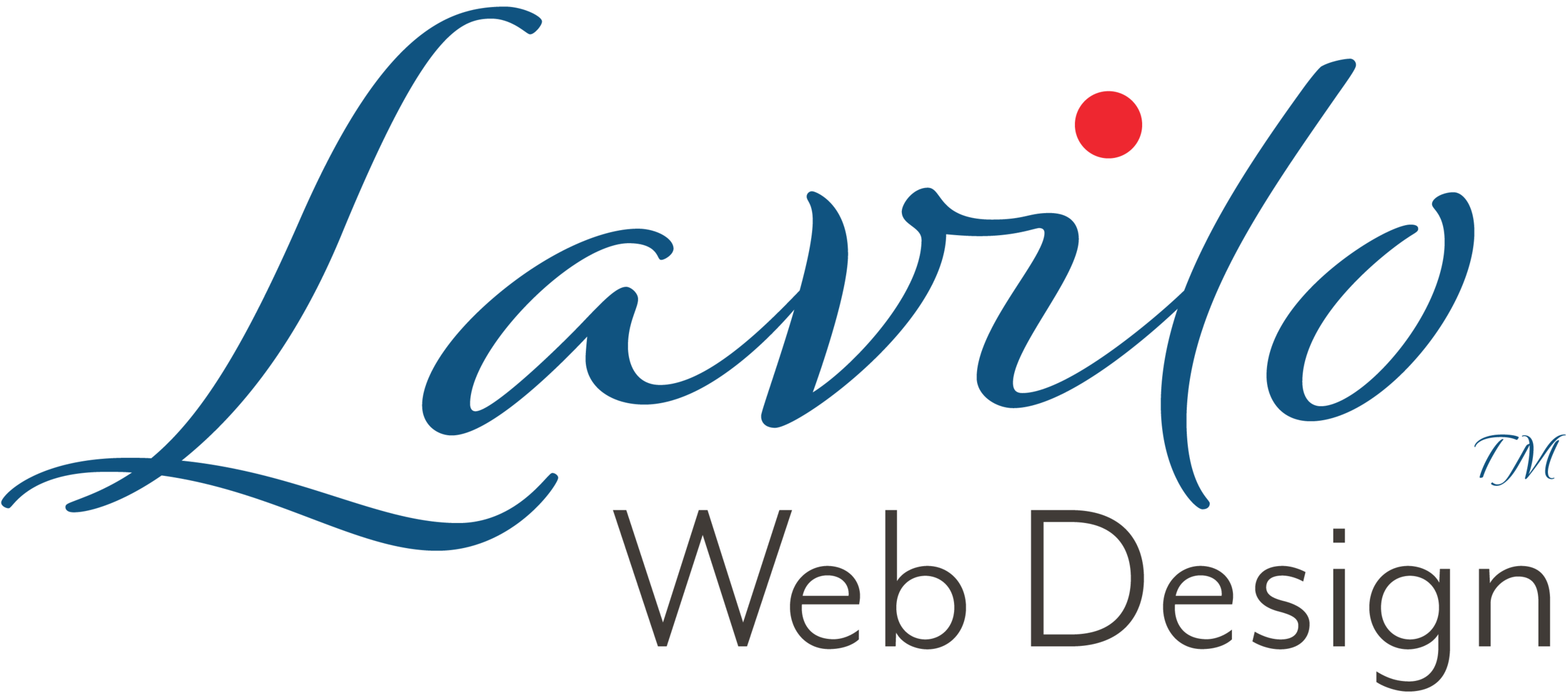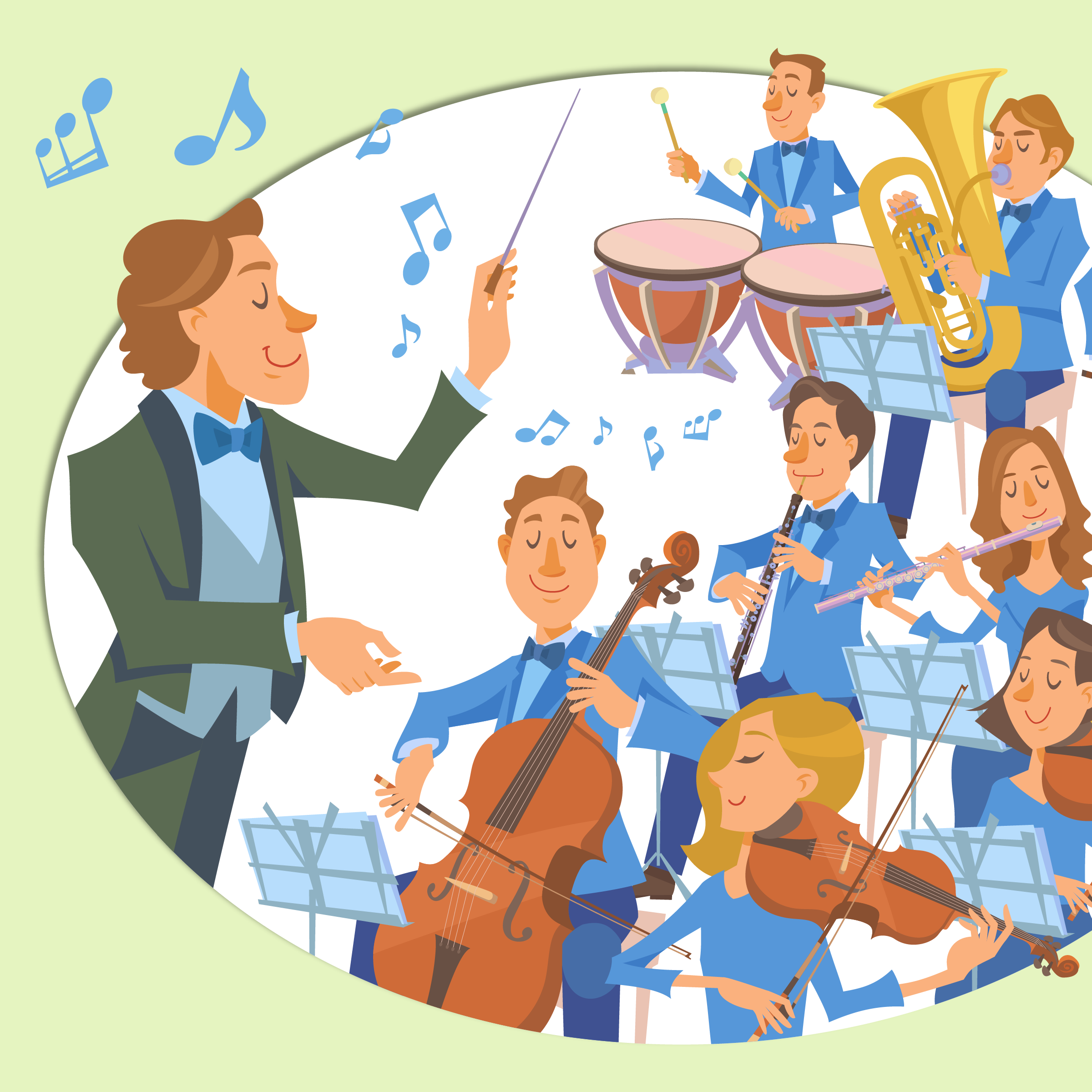What Can a Web Designer Do That I Cannot?
There is nothing a web designer does that you cannot learn on your own. Designing a website is not rocket science. You do not need to have a unique skill or talent. The good news is that you can learn everything. The bad news is that it takes a lot of time, effort, and dedication to acquire the knowledge necessary to design a professional-looking website.
For example, if you have a physical store and want to sell online, it would rarely make sense to spend all of your time acquiring the skills of a professional web designer to build a single online store. Your time would probably be better invested in expanding your customer base or developing new products.
But what are the areas a good web designer needs to have mastered?
Graphic design. Web design is often considered a subset of graphic design because it also uses visual elements, such as typefaces, icons, photos, and illustrations, to communicate your message. Your logo is a good example of a visual element. The public sees your logo as a symbol to identify and recognize your company. But your logo also reflects your style, your company's persona, and so does your website.
Copywriting. Unlike a graphic designer, who focuses on your content's visual representation, a copywriter creates content by translating your messages in a coherent text. That may sound easier than it usually is. Good copy is the product of hard work and countless iterations to find the right balance between tone, industry-specific terms, SEO-requirements, and readability.
Photography and videography. A picture is often worth a thousand words. However, all photos and videos published on your website must tightly align with your message and match your other content in color, style, and quality. Photos of inconsistent quality that do not seem to support your site's overall message may save you some money in the short term, but in the long run, they can deter more visitors than you think.
Search Engine Optimization. A search engine optimized website aims to grow the quality and quantity of the traffic to your site without you paying for it through advertisement. For more information, please read my article about SEO: 7 Tips to Improve Your Search Ranking.
Code writing. As websites consist of HTML-code, CSS, and JavaScript, web designers are knowledgeable in using code to modify and enhance your website's original template to achieve particular effects for their clients.
Know the platforms. Every platform, such as Shopify, Squarespace, Wix, and others, is different and none are perfect. Each has its quirks. Knowing how to get around these issues is a considerable value and timesaver that an experienced web designer can bring to the table. Therefore, web designers usually specialize in one or two platforms to get the most insight into their inner workings through practice and repetition.
Master data management. If you have an online store, you are probably already painfully familiar with the importance of master data, such as your product catalog, and how to properly tag and categorize each item. Having a reliable process to keep your master data clean and organized often determines how easy and inexpensive it will be to grow your online business.
DNS configuration. Although many platform providers have automated the task of connecting your website with your domain name at larger registrars, such as Google and GoDaddy, the smaller ones require you to enter the DNS records manually.
Project management. A web design project is like any other project. It starts with a kick-off and usually ends with the launch of your new website. During the course of the project, each deliverable must be clearly communicated, tracked, and checked before it can be placed in the pre-determined location on your site. Depending on how many third parties are involved in your project, their coordination can become very time-consuming, especially if you are not well-versed in each profession's unique terminology.
This list is certainly not complete without emphasizing the importance of having a vision for the final product. This vision enables all parties to concentrate their resources and work diligently to achieve your goals. In my view, of all the skills a web designer needs to have, having a vision, seeing the bigger picture, and being able to translate your client's ideas into a website that is on brand and on message are probably some of the most crucial skills.
Designing a website can be fun and relatively straightforward if you know what you are doing. It can also be excruciating and very frustrating when you don't. Even if you immerse yourself in all things web design to build your first site, trends and technologies change over time. What may have been the right approach in the past may now look clunky and dated. However, keeping up with design trends and technological advances requires continuous learning, a significant time commitment - and a lot of practice.











